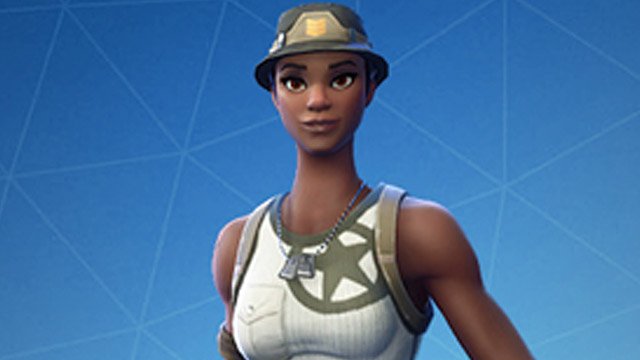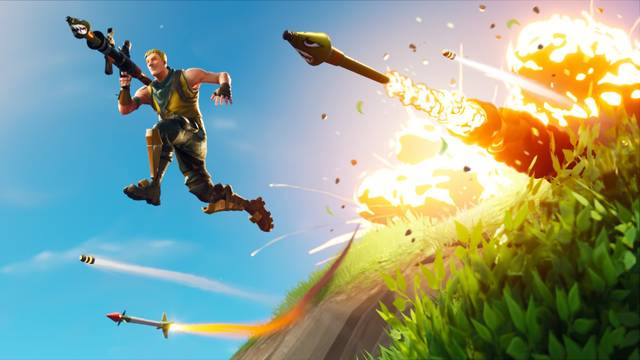Children are funny creatures. They pick up on the world around them in ways we may never understand. Influences in behavior and language can be from obvious sources such as parents, friends and the media they consume. It turns out, however, that alongside the likes of slime and unicorns, Fortnite has had a large impact on the language of children. That is, according to the Oxford University Press.
Children throughout the UK aged between 5-13 sent in short, 500-word stories to the BBC Radio 2 Breakfast Show’s 500 Words competition. In over 130,000 submissions, the language of Fortnite wormed its way into the writing.
Generally speaking, gaming terms saw an increase in language density this year. Words such as “noob” and “console” cropped up more often than ever and the word “game” was used far more than it was last year. Mentioned 30,000 times, “game” saw an increase of 66% usage compared to last year’s 17,000 mentions. The data analysis also showed that such instances of video game terminology were predominantly found in the stories of boys aged between five and nine.

Unless you’ve been living under a rock for the past year, the monumental popularity of Fortnite is hard to miss. Since its release on mobile, Fortnite’s popularity has only grown, with schools being forced to ban the game. It’s big business and Battle Royale doesn’t look like slowing down anytime soon thanks to its inclusion in Call of Duty Black Ops 4.
Kids aren’t just thinking about Fortnite, however, as the word of the year was “plastic,” which was used 3,359 times in all the stories submitted. Despite being used less than “game”, the environmental impact of plastic is a big issue. David Attenborough’s Blue Planet II drawing everyone’s attention to the likes of straws and plastic bags. “Minecraft” was another popular word, however, so maybe games mean more to kids than plastic?
Fortnite has certainly had a big impact on the video game world. I still haven’t played it, though.







